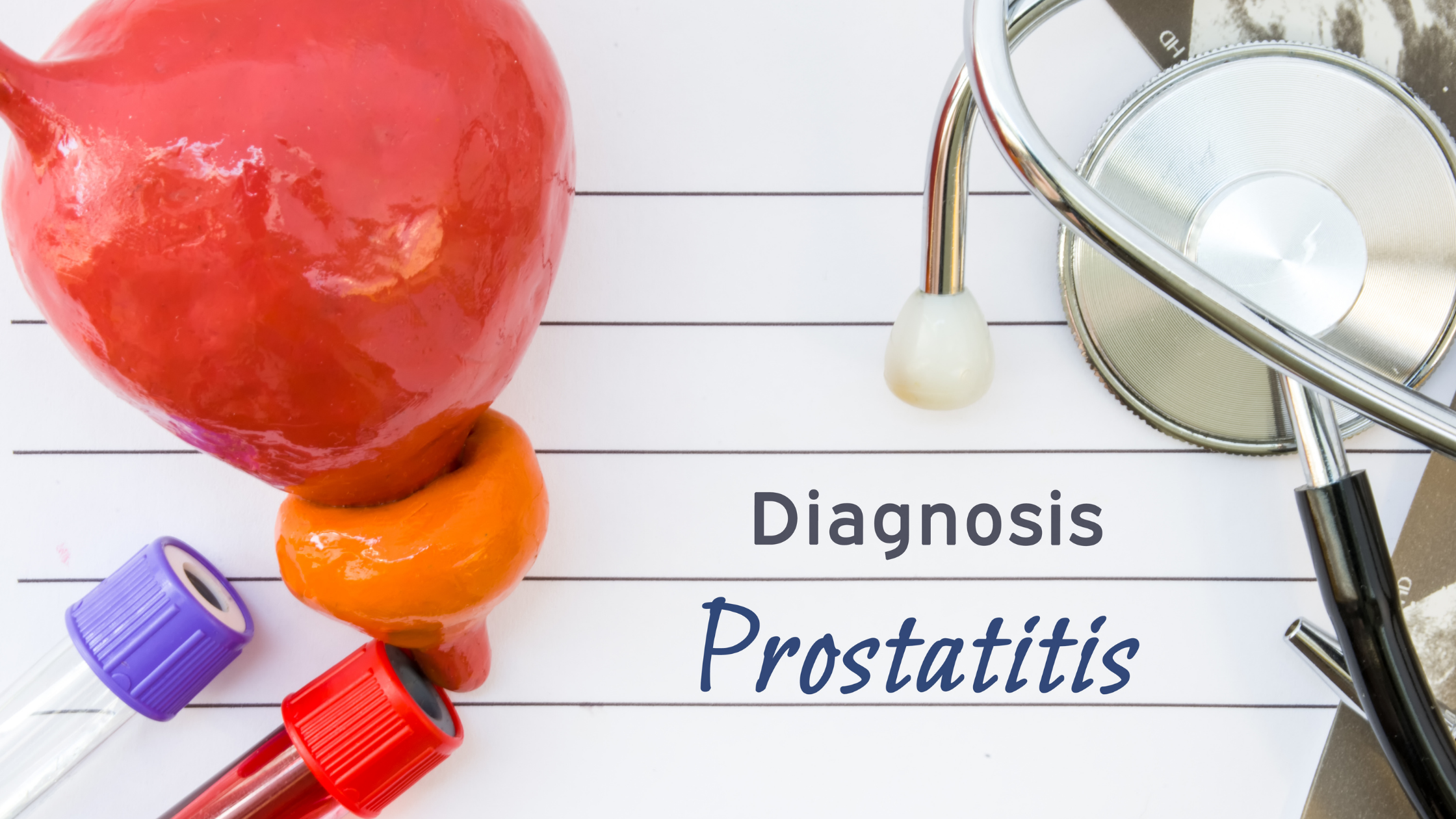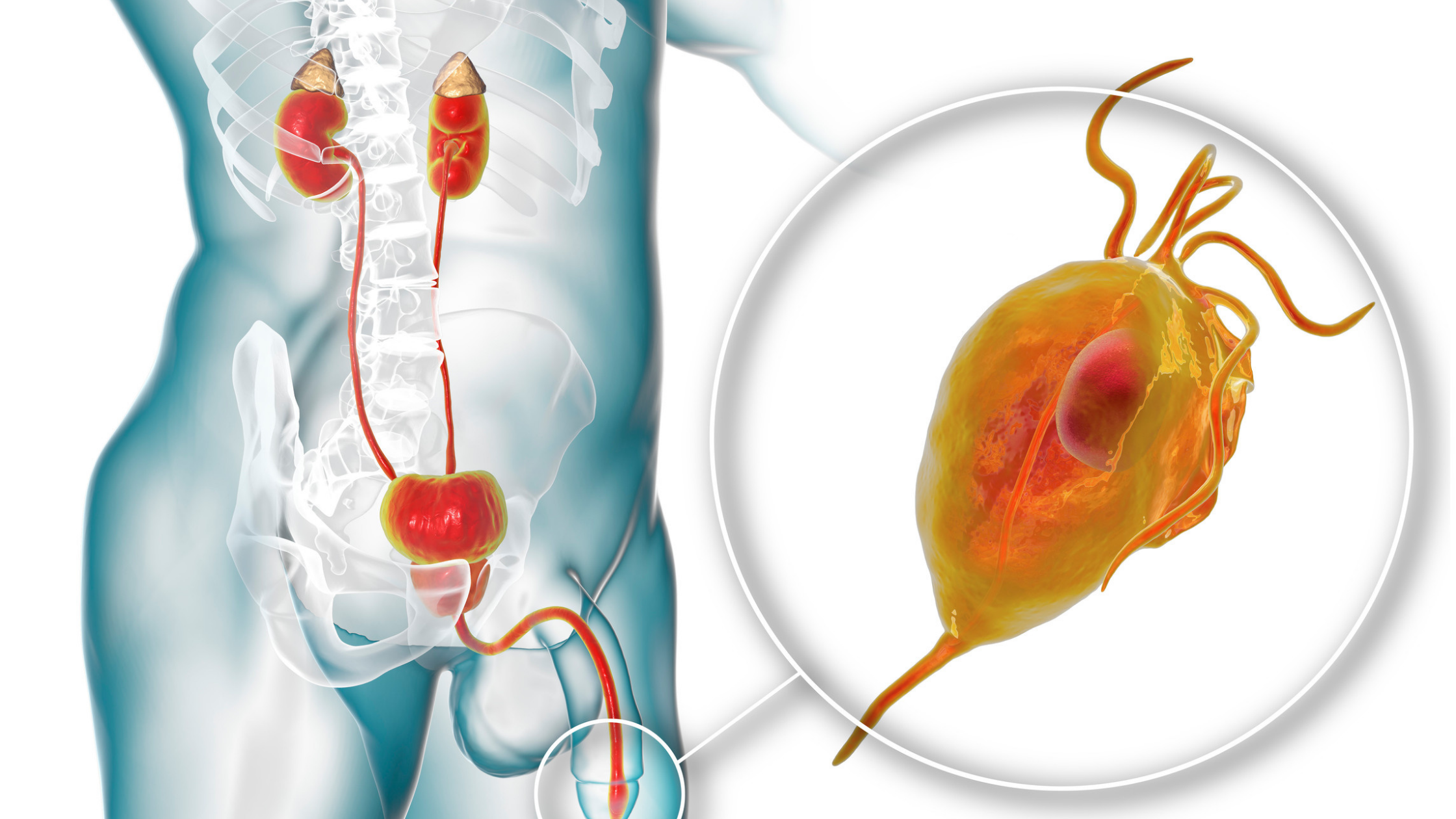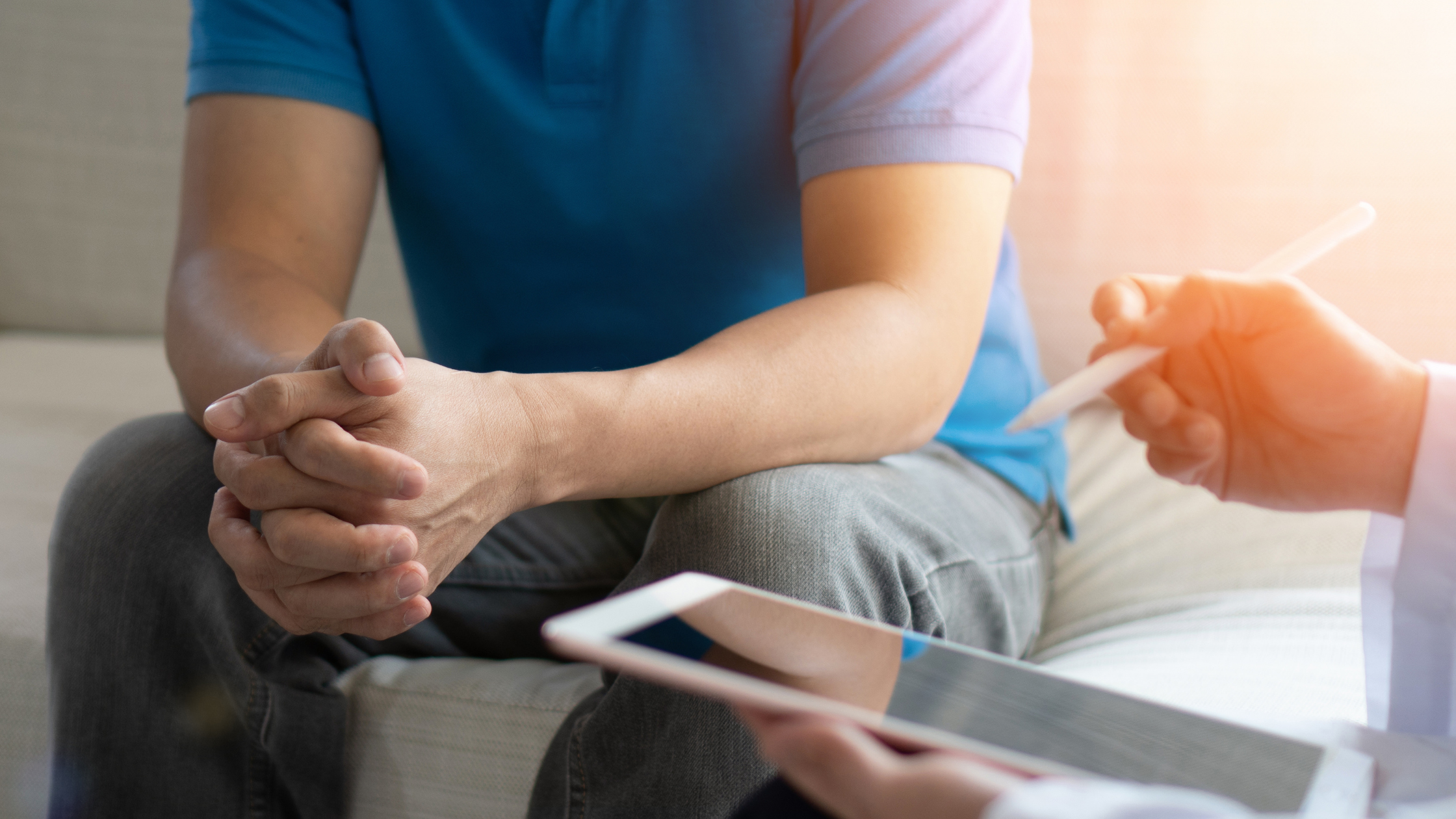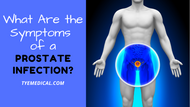Prostatitis Symptoms You Should Know (and Yes, Urine Leaks Are Possible)
Written by Tye Medical on Feb 15th 2021
Prostate infection (a.k.a. prostatitis) is the most common urinary health issue for men under age 50. And for those gents over 50, it’s third on the list of urinary tract problems. Because of the prostate’s proximity to the bladder, it can be tough to distinguish prostatitis symptoms from other potential issues.
So what is prostatitis? It involves inflammation or swelling of the prostate gland. The condition can affect urination and sexual health, even triggering pain in the penis or pelvic area.
This article will examine causes and outline the various symptoms that can accompany prostate inflammation or infection. For more information about other men's incontinence issues, check out our article Everything You Want to Know About Male Incontinence.
Prostatitis Symptoms to Know

While common prostate symptoms don’t require immediate medical attention, be sure to see a medical professional right away if you also experience flu-like symptoms, including:
- Body aches
- Chills
- Fever
- Nausea
- Vomiting
This could be a sign of acute bacterial prostatitis, a condition in which severe symptoms come on suddenly and require immediate treatment.
1. Pain or Burning When You Pee
This includes any type of discomfort or even stinging that happens during urination. In the medical world, it’s known as “dysuria.” However, many other conditions cause painful urination, including bladder infections, cystitis (inflamed bladder lining), STIs, and kidney stones.
2. Frequent Urination (a.k.a. Peeing a Lot)
This is one of many prostatitis symptoms with other possible causes. If you drink more fluids than the average person, you’ll naturally pee more often. But if you haven’t increased your fluid intake and notice you need more bathroom breaks, then it might be a symptom of a urinary tract problem and possibly an inflamed or infected prostate.
3. Urgency (You Gotta Go Now!)
If the sensation to pee is sudden and intense – and maybe challenging to hold – it’s considered urgent. Increased frequency and painful urination often accompany urgency, sometimes making it difficult to get to the bathroom before dribbling or leaking urine.
4. Post-Void Dribbling and Urine Leaks
This happens when urine remains in the urethra after you finish peeing and then leaks out later. Often, this isn’t uncommon in men and is usually harmless. But if urine leaks surpass minor annoyance and require male incontinence products, it might be a symptom of prostatitis, an enlarged prostate, or both.
5. Difficulty Peeing
Sometimes prostatitis makes it difficult to start urine flow, even when you know you’ve got to go. And even if you do go, you might get a weak stream. Often, this happens when your inflamed and swollen prostate presses on the urethra, making it difficult for urine to pass. The same thing can happen with an enlarged prostate. When urine is difficult to pass, you might not empty completely. Sometimes this can lead to overflow incontinence, a common bladder problem in men.
6. UTIs (Urinary Tract Infections)
It’s not common for men to develop UTIs, because the male urethra is longer, usually providing enough time to flush out bacteria in the next stream of urine. However, if you have prostatitis symptoms or an enlarged prostate, it’s more difficult to empty your bladder. (Your prostate might be restricting your urethra, hindering urine flow and emptying.) This means potential bacteria sits in your bladder longer, increasing the odds of infection.
7. Painful Ejaculation or Pain in the Pelvic Area
Doctors refer to this as “dysorgasmia” or “orgasmalgia,” but the severity varies. Some men might experience mild discomfort, while others have severe pain during or after ejaculation. You might feel the pain in various areas like the penis, scrotum, abdomen, lower back, or perineum (the space between the scrotum and rectum).
What Causes Prostatitis?

Bacteria
Invading bacteria cause some types of prostatitis. Any bacteria that can trigger an infection in your bladder can also infect your prostate gland and trigger prostatitis symptoms.
STIs (Sexually Transmitted Infections)
Infections like chlamydia and gonorrhea can also infect and inflame the prostate, triggering prostate infection symptoms.
Prior Prostate Infection
If you’ve had a prior prostate infection, it might still be lingering. And sometimes, even after it’s resolved, you might experience persistent pain and inflammation symptoms. Unfortunately, researchers aren’t yet sure why this happens.
Prostate Injury
A physical injury can cause swelling and inflammation in your prostate. Additionally, you might experience prostatitis symptoms if your urinary tract was damaged during prostate surgery.
Mental or Emotional Stress
Chronic, nonbacterial prostatitis is linked to psychological stressors, much like interstitial cystitis (IC). It’s not surprising since both the gut and the urinary tract are known to be highly responsive to your emotional state.
Other Causes
It’s not uncommon for a urologist to be unsure of what’s causing your prostatitis symptoms. Most often, it’s not due to a bacterial infection, prior infection, or injury. Some men experience symptoms and pain in the region without any sign of infection or even inflammation.
Researchers haven’t pinpointed exact causes for this but suspect that autoimmunity or chemical processes trigger prostate irritation. They also think inflamed nerves or muscles in the pelvis could also cause some nonbacterial prostate symptoms.
Prostatitis Treatment Options

As expected, your doctor will prescribe antibiotics and lots of fluids for six to eight weeks for bacterial prostatitis.
If you’re diagnosed with chronic bacterial prostatitis, you’ll probably take antibiotics for at least six months to ensure the infection has cleared up completely. Your doctor might also recommend alpha-blockers to relax your bladder and relieve pressure on the prostate gland.
Even with nonbacterial prostatitis, your doctor will likely prescribe antibiotics to ensure there is no undetected infection underlying your prostatitis symptoms. Otherwise, expect to treat your symptoms with NSAIDs and muscle relaxants. Your doctor might also prescribe medications to treat inflamed nerves that could be triggering symptoms.
Fight Back Against Urine Leaks with TYE Medical’s LivDry Products
Prostatitis symptoms can be treated even though causes aren’t always known. More research is being done to better understand nonbacterial chronic prostatitis, a chronic pain condition.
As you work with your doctor to manage symptoms and urine leaks, you might need protection throughout the day and night. LivDry’s Shaped Pads were designed for use with our Protective Underwear. They allow you to change leak-resistant pads while leaving your underwear in place.
Both products were created with the male anatomy in mind and provide the coverage you need – with discreet shipping to your door!


